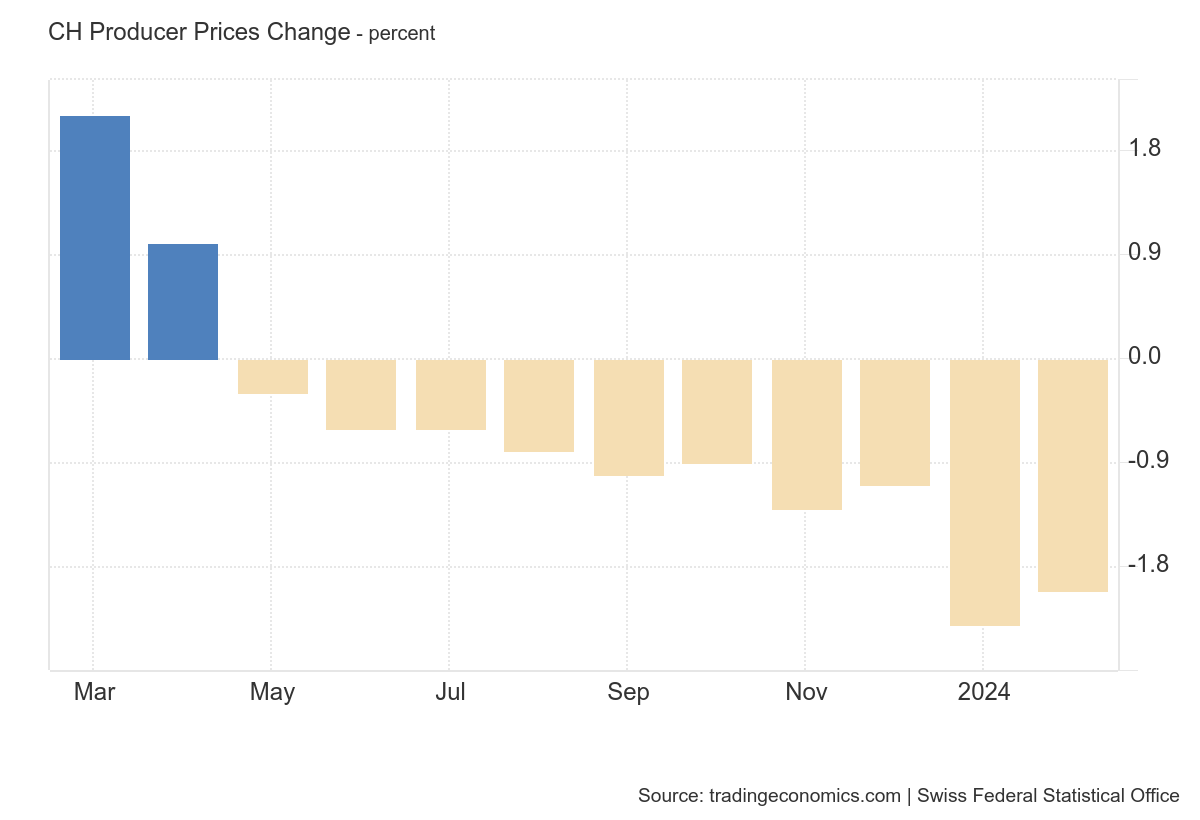A very common criticism of the libertarian position runs as follows: Of course we do not like violence, and libertarians perform a useful service in stressing its dangers. But you are very simpliste because you ignore the other significant forms of coercion exercised in society—private coercive power, apart from the violence wielded by the State or the criminal. The government should stand ready to employ its coercion to check or offset this private coercion.
In the first place, this seeming difficulty for libertarian doctrine may quickly be removed by limiting the concept of coercion to the use of violence. This narrowing would have the further merit of strictly confining the legalized violence of the police and the judiciary to the sphere of its competence: combatting violence. But we can go even further, for we can show the inherent contradictions in the broader concept of coercion.
A well-known type of “private coercion” is the vague but ominous-sounding “economic power.” A favorite illustration of the wielding of such “power” is the case of a worker fired from his job, especially by a large corporation. Is this not “as bad as” violent coercion against the property of the worker? Is this not another, subtler form of robbery of the worker, since he is being deprived of money that he would have received if the employer had not wielded his “economic power”?
Let us look at this situation closely. What exactly has the employer done? He has refused to continue to make a certain exchange, which the worker preferred to continue making. Specifically, A, the employer, refuses to sell a certain sum of money in exchange for the purchase of B's labor services. B would like to make a certain exchange; A would not. The same principle may apply to all the exchanges throughout the length and breadth of the economy. A worker exchanges labor for money with an employer; a retailer exchanges eggs for money with a customer; a patient exchanges money with a doctor for his services; and so forth. Under a regime of freedom, where no violence is permitted, every man has the power either to make or not to make exchanges as and with whom he sees fit. Then, when exchanges are made, both parties benefit. We have seen that if an exchange is coerced, at least one party loses. It is doubtful whether even a robber gains in the long run, for a society in which violence and tyranny are practiced on a large scale will so lower productivity and become so much infected with fear and hate that even the robbers may be unhappy when they compare their lot with what it might be if they engaged in production and exchange in the free market.
“Economic power,” then, is simply the right under freedom to refuse to make an exchange. Every man has this power. Every man has the same right to refuse to make a proffered exchange.
Now, it should become evident that the “middle-of-the-road” statist, who concedes the evil of violence but adds that the violence of government is sometimes necessary to counteract the “private coercion of economic power,” is caught in an impossible contradiction. A refuses to make an exchange with B. What are we to say, or what is the government to do, if B brandishes a gun and orders A to make the exchange? This is the crucial question. There are only two positions we may take on the matter: either that B is committing violence and should be stopped at once, or that B is perfectly justified in taking this step because he is simply “counteracting the subtle coercion” of economic power wielded by A. Either the defense agency must rush to the defense of A, or it deliberately refuses to do so, perhaps aiding B (or doing B's work for him). There is no middle ground!
B is committing violence; there is no question about that. In the terms of both doctrines, this violence is either invasive and therefore unjust, or defensive and therefore just. If we adopt the “economic-power” argument, we must choose the latter position; if we reject it, we must adopt the former. If we choose the “economic-power” concept, we must employ violence to combat any refusal of exchange; if we reject it, we employ violence to prevent any violent imposition of exchange. There is no way to escape this either-or choice. The “middle-of-the-road” statist cannot logically say that there are “many forms” of unjustified coercion. He must choose one or the other and take his stand accordingly. Either he must say that there is only one form of illegal coercion—overt physical violence—or he must say that there is only one form of illegal coercion—refusal to exchange.
We have already fully described the sort of society built on libertarian foundations—a society marked by peace, harmony, liberty, maximum utility for all, and progressive improvement in living standards. What would be the consequence of adopting the “economic-power” premise? It would be a society of slavery: for what else is prohibiting the refusal to work? It would also be a society where the overt initiators of violence would be treated with kindness, while their victims would be upbraided as being “really” responsible for their own plight. Such a society would be truly a war of all against all, a world in which conquest and exploitation would rage unchecked.
Let us analyze further the contrast between the power of violence and “economic power,” between, in short, the victim of a bandit and the man who loses his job with the Ford Motor Company. Let us symbolize, in each case, the alleged power-wielder as P and the supposed victim as X. In the case of the bandit or robber, P plunders X. P lives, in short, by battening off X and all the other X's. This is the meaning of power in its original, political sense. But what of “economic power”? Here, by contrast, X, the would-be employee, is asserting a strident claim to P's property! In this case, X is plundering P instead of the other way around. Those who lament the plight of the automobile worker who cannot obtain a job with Ford do not seem to realize that before Ford and without Ford there would be no such job to be obtained at all. No one, therefore, can have any sort of “natural right” to a Ford job, whereas it is meaningful to assert a natural right to liberty, a right which each person may have without depending on the existence of others (such as Ford). In short, the libertarian doctrine, which proclaims a natural right of defense against political power, is coherent and meaningful, but any proclaimed right of defense against “economic power” makes no sense at all. Here, indeed, are enormous differences between the two concepts of “power.”1
- 1. On the spurious problems of “bargaining power,” see Scoville and Sargent, Fact and Fancy in the T.N.E.C. Monographs, pp. 312–13; and W.H. Hutt, Theory of Collective Bargaining (Glencoe, Ill.: Free Press, 1954), Part I.
Tags: Featured,newsletter






















